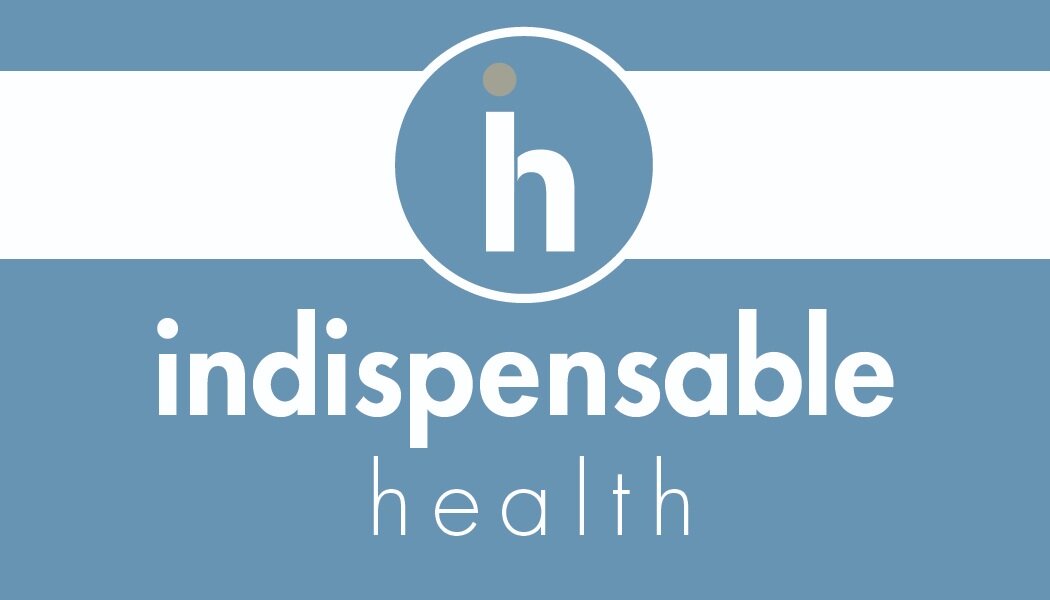Not All Caffeine, Especially Coffee, is Created Equal
We all have our source to start off our Monday mornings, so to speak. Whether that’s coffee, energy drinks, tea, soda (pop for us, Michiganders), and for some, hot chocolate, we find a way to start off our day to get out of our morning funk. However, not all caffeine is created exactly the same. Let’s look at the differences between coffee and energy drinks, as they are the most popular.
With straight black coffee, there are no calories. Surprise right?! Energy drinks usually have a ton of sugar, which won’t help you in the long run. After the rush wears off, you’ll just crash again. Coffee, on the other hand, is better for sustained energy, and you won’t have to add to your calorie count for the day when you drink it. Even if they’re advertised as “sugar-free,” energy drinks contain artificial sweeteners, which are better left out of your diet, anyway. But you can still have your coffee sweet and low-calorie: try all-natural stevia instead of sugar, and replace cream with almond milk, which comes in lots of delicious flavors. This is a pretty strong blow to energy drinks in the coffee vs energy drinks debate.
Coffee, as a rule, is more cost-effective, in the United States market. $20 will get you about 7 single cans of Red Bull. The same amount spent on a monthly coffee club subscription will get you 34 cups of coffee. Need we say more?
“If I drink coffee, how will I get my daily taurine, ginseng, yerba mate and B12?” you might ask. The good news is that you don’t need most of those things in the first place. Some of those are there to add caffeine, and some of them are thrown in because they sound pretty good, even when there’s no clear scientific evidence proving their effectiveness. Sure, B12 is a vitamin, but you probably get that from your diet already. Part of being healthy is controlling what you put in your body, and you know what’s in your coffee. Just coffee.
In the United States, admissions due to emergency departments which were energy-drink related doubled from 2007-2014 according to the Substance Abuse and Mental Health Services Administration’s Dawn Report. Caffeine is classified as a drug and withdrawals are a serious side effect. Individuals who consume energy drinks regularly may experience caffeine withdrawal in the 12-24 hours after consumption, which includes symptoms such as headache, irritability, and constipation.
Depending on the type of coffee drink, the amount of caffeine differs whereas energy drinks, caffeine differs but add the component of the non-natural substances and sugar and you have a drink that can cause severe bodily harm.

